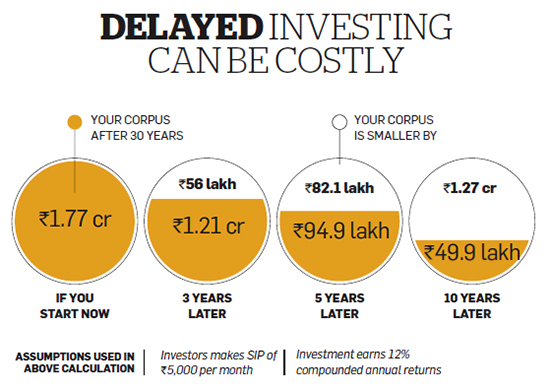Home equity is the difference between the value of a home and what is still owed on its mortgage. It can be a powerful tool for borrowing money, as it can provide financial leverage with lower interest rates than other forms of loans. It also allows homeowners to use their own assets instead of taking out a loan or using someone else’s money.
However, when used incorrectly or without understanding all potential risks, it could end up costing you in the long run. Therefore, it’s important to take some time to understand how home equity works before taking advantage of it.
It’s important for homeowners to understand the power of home equity and how it can be used for financial leverage. However, if you don’t handle your home equity in the right way, it could end up costing you later down the road.
In this article, we’ll look at four common mistakes that homeowners make when working with their home equity and how to avoid them. We’ll also provide some tips on how to maximize your home equity and make sure you’re making the most of it.
Not Shopping Around for the Best Rates and Terms
Before taking out a loan or refinancing a mortgage with home equity, it’s essential to shop around and compare different lenders. Doing so can help you find the best option for your needs based on interest rates, terms, closing costs, etc. Don’t assume that just because one lender offers great rates that all will–it’s always best to do some research before making any decisions.
Taking More Money Than You Need
Some homeowners take out more money than they need when utilizing their home equity, and this can end up costing them in the long run. It’s important to remember that you’re still responsible for repaying whatever amount you borrow, so make sure to only take out what you actually need.
Failing to Understand Closing Costs
Closing costs are often a part of taking out a loan or refinancing a mortgage with home equity, and it’s essential to understand exactly what these are before entering into any agreement. These will include administrative fees, title charges, appraisal fees and other costs associated with closing the deal.
Mismanaging Your Equity Over Time
When you’re taking out money from your home equity, it’s important to manage it responsibly and monitor how much you have left over time. Taking out too much at once or failing to pay back the amount borrowed can lead to problems down the line. Keeping track of your equity can help you make more informed decisions about how to use it in the future.
Tips on Making the Most of Your Home Equity
Here are some tips on how to make the most out of your home equity:
- Shop around for the best rates and terms
- Only borrow what you need
- Understand all closing costs associated with your loan
- Monitor and adjust your equity over time.
By following these simple tips, you can make sure that your home is an investment that pays off in the future! Best of luck in taking control of your financial security with home equity.
